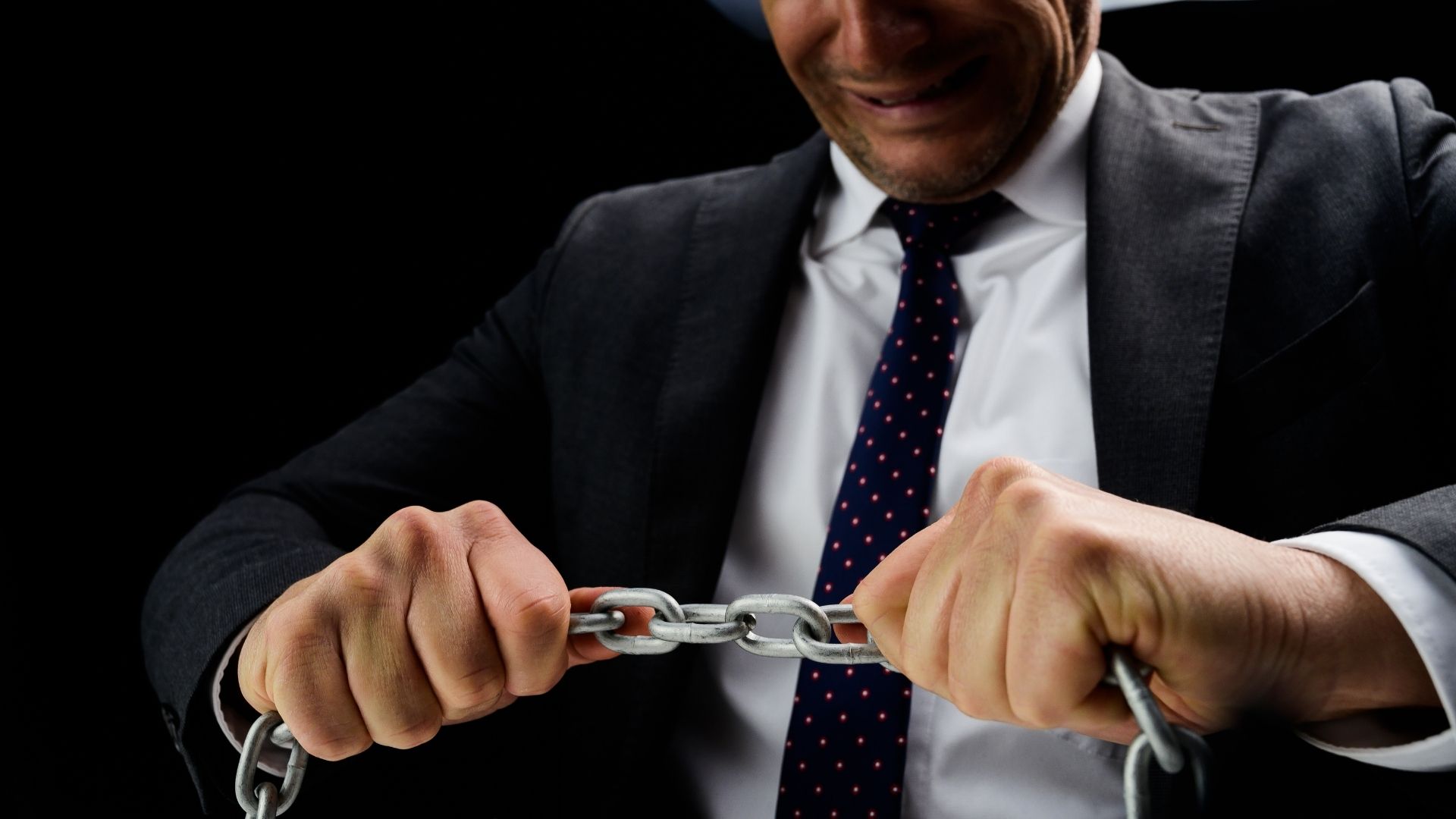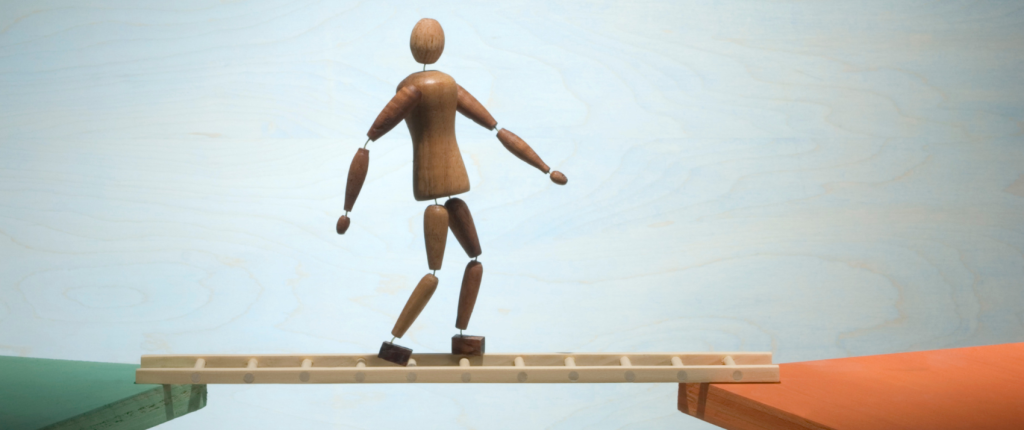“How we spend our days is, of course, how we spend our lives.”
Annie Dillard
These words from Annie Dillard ring true for all of us. Look back over the past week, and review what you have been doing. We are caught up in the net of familiar habits and comfortable routines. And if we don’t do something about it, this is pretty much how our lives will be five, ten years from now.
This applies to the quality and type of food we eat, the amount of exercise we get, the books we (don’t) read, the studies we undertake, and the friends we have. It also applies to whether we are doing something significant with our lives.
Will your activities of the past week, get you to where you want to be as a human being? If you don’t see that difference-making action in your daily behaviour, you might be giving up by default on a life of purpose.
Habits can simplify your life. We don’t have to think, we just do it. Brushing our teeth. Locking the front door. They make our lives easier because we are on autopilot.
Mindless eating can comfort you when you’re feeling down. Browsing social media can be a way to avoid talking to your partner. Drinking too much may be the only way you know how to be social. If you want to break the habit, you have to come to grips with whatever function the bad habit is serving.
Changing habits that have been with us for most of our life is so very hard. They are like old friends, there is a comfortable familiarity about them. That extra piece of cake, that extra episode on TV, opening that extra bottle of wine. But over the years they will take a toll on you and your body.
Identify the habit to change
Where to start? Identify the habits you want to change. Are you drinking too many sweet fizzy drinks? Are you spending too much time on the sofa watching mindless TV shows?
Make a list of the habits that you want to change, write them down. The act of writing them down puts an emotional distance between you and the habit. Eating too much cake. Frittering time away on social media. Here’s a thought. If you have only a few bad habits you want to change, you have things reasonably together. If you have many habits you want to change, you have a much bigger challenge.
Then for each habit, you want to change, identify the cause or the trigger. What is the payoff of perpetuating this habit? What does the habit make you feel good about, or what does the habit help you avoid? This can get quite deep, but you must persevere because the cause of the habit is deeply anchored in your life experience. Does eating cake make you feel good? Does time on social media make you feel connected?
Isolate the preceding situation
What is the situation that gives rise to the habit? You may eat cake when you get home from work and before you prepare your supper. You may go onto social media or watch television after supper instead of reading or studying.
What are you getting out of it?
Is your habit making you feel better (cake)? Or are you putting off something you should be doing (social media, movies) instead of reading or studying?
Choose something to replace the unhealthy habit.
Now comes the hard part! Just willing yourself to change isn’t enough because it does not address the underlying benefit of the automatic behaviour you want to replace. What can you do instead of standing in front of the fridge? Try a replacement behaviour like eating an apple. Instead of cake. Make a cup of herbal tea.
When you replace an unhealthy habit with something different, acknowledge to yourself that you are doing it differently. Invest the new behaviour with the feelings of the old.
Have your book open at the page to begin reading or studying. All you need to do is get 10 minutes into the activity of reading or studying and you won’t hanker after watching a movie.
Visualise yourself changing.
You want to think differently about your new replacement behaviours—so spend some time every day seeing yourself practicing the new habits. Picture yourself exercising and enjoying it, eating healthy foods, or achieving success with your studies.
Monitor your self-talk.
You are constantly playing thought-loops through your brain. Instead of “I’m too fat,” think “I am getting fitter, ” or “I’m working on a healthier lifestyle.” Work on the self-talk, find new positive thoughts to loop through your brain. A holiday at the seaside. A walk with friends.
You will sometimes fall down
Your habits have been with you for a long time. You will disappoint yourself. You will go back to the default. That does not mean you should give up. Love yourself each time you do and remind yourself that you are human.
It takes time
Habits usually take several weeks to change. You have to reinforce a whole new set of thoughts and actions in your brain to change your default settings. It can take anything from a month to three months to embed a new habit. Settle down for the long haul.
Some closing words
Changing lifetime habits is hard, so go easy on yourself. Don’t try to change too many habits all at once. Start with the simpler ones to give you the elation of success. Changing habits will give you a look deep into yourself. You will better understand what drives you, either from desire or from fear. You will because more resilient. Changing habits will develop your moral fortitude, it’s part of being a leader. If you can overcome yourself, you can overcome some challenges in your job. You are a work in progress.
How do you spend your days? Change the habits that hold you back and begin to live a life of purpose. You can do this.
Related Posts: 7 Ways to deal with Fear







